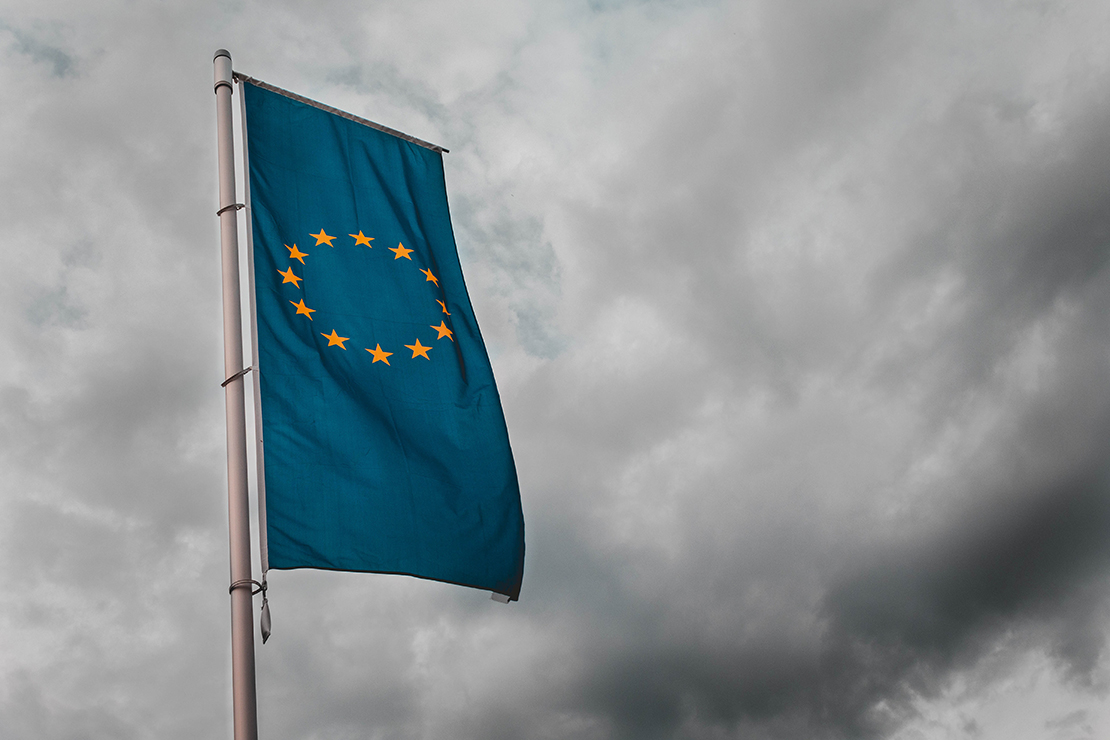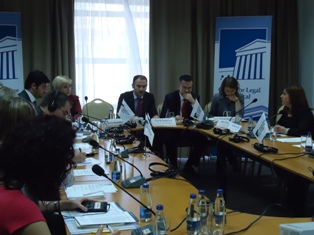Event Summary:
On June 4, Group for Legal and Political Studies hosted a policy roundtable on the visa liberalization dialogue between Kosovo and the European Union. A special focus in this roundtable discussion was devoted to the need to increase the institutional capacities to address the Visa-Liberalization Roadmap, especially as regards the border control and the fight against crime and corruption. The institutional stakeholders expressed their views on the progress done so far and the needs to better inform the public on the use of the visa free regime and the conditions attached to it.
The Policy Note 03/2012 ‘Visa Liberalization Process in Kosovo: A prologue to achievements, challenges and needs’, presented in this roundtable, inter alia argues that:
First, a permanent dialogue between the Kosovo authorities and European Union is needed. Due to the visa-free regime effects within individual countries, the general perception however is that EU members states are willing to maintain a degree of direct involvement in this process. That being said, a proactive public diplomacy will help Kosovo avoid the potential delay or rearrangement of the visa dialogue.
Second, apart from the challenges that may be encountered in fulfilling security benchmarks embedded in the roadmap, visa liberalization with Kosovo seems to reflect some concerns of EU member states related to the effects that the lifting of visa regime can have. A well-built asylum policy, an information campaign regarding the visa free movement in Schengen area and a concrete policy orientation is needed to address those challenges.
Third, an important challenge for Kosovo is the border management, especially the demarcation and management of Kosovo’s boundary with neighboring countries. The government should negotiate border management and customs cooperation agreements with third countries and implement Integrated Border Management policy with all neighboring countries.
In the end, focusing on the current situation, Kosovo’s major challenge is meeting the benchmarks related to public order and security. Due to the nature of issues that are expected to be included in the roadmap, especially those associated to anticorruption, money laundering, trafficking of human beings and narcotics, organized crime, the intensity of the implementation of benchmarks is expected to be more complex when compared to other countries.
Key Speakers:
1. Mr. Gezim Kasapolli, Deputy-Minister of European Integration;
2. Ms. Puhije Demaku, Presidency of Vetevendosje;
3. Ms. Besa Shahini, European Expert on Visa Liberalization; and
4. Ms. Albana Merja, Group for Legal and Political Studies.
Chair:
Mr. Fisnik KORENICA, Group for Legal and Political Studies
Date: Monday, June 2, 2012
Venue: Hotel Sirus (‘Rigel’ Conference Room) 3rd Floor,
str ‘ Agim Ramadani’, Prishtine, Kosovo
Share article
Latest Publications
April 24, 2024
Policy Analysis
Tracking Kosovo's Commitment: Monitoring Adherence to the Venice Commission Rule of Law Checklist in ...
April 8, 2024
Policy Analysis
Reflecting on the Third Year of Kurti II: Setbacks and Achievements in Rule of Law, Public Administr ...
March 22, 2024
Policy Analysis
Lost, “in the Twilight Zone” Rebutting the Court’s Blunder
Related Espresso Insights
March 4, 2024
Espresso.Insights
Passport Hangover: What’s next after Spain’s Kosovo breakthrough?

January 16, 2023
Espresso.Insights
Recognized but not supported: Hungary's stance on Kosovo's EU bid





